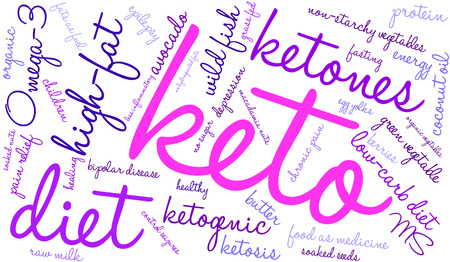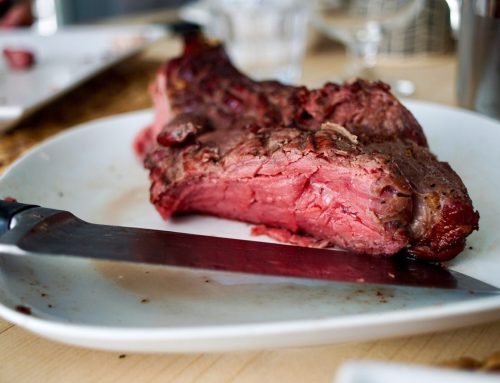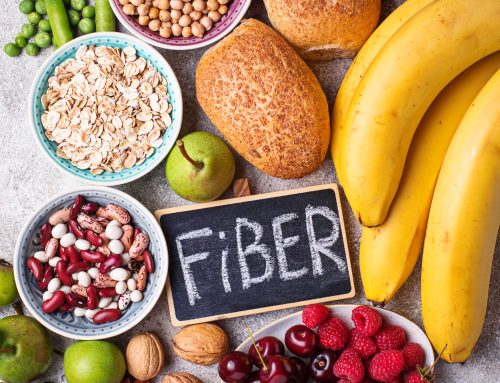Low-carb diets can be healthy or quite unhealthy depending on the specifics. The attraction of low-carb diets is that they may lead to rapid weight loss, but there can be side effects.
Low-carb diets restrict the number of calories a person gets by limiting their carbohydrate food sources. This includes both good and bad carbs. Low-carb diets tend to be higher in proteins and fats to compensate.
Carbohydrates are the body’s main source of energy. If this supply is reduced, the body burns its stores of protein and fat for fuel.
Low-carb diets, such as the Atkins diet and the Dukan diet, have been found to lead to rapid weight loss. However, these diets are extreme and can have some unwanted side effects.
For most people, it may be healthier to take a more moderate approach when reducing carbohydrate intake to help lose weight.
How Many Carbs and Calories Should People Eat to Lose Weight?
Although many studies indicate that low carb diets promote fast weight loss, often this reduction in weight is short-term.
Recent research supports the idea that high-quality nutrition does not just involve controlling calories that come from carbs. Instead, dieters should pay attention to how many calories are ingested from all food sources, including carbohydrates, protein, and fats, and find a healthy balance.
In a recent study, dieters were observed to compare the different weight losses that resulted from a low-fat diet (LFD) and a low-carb diet (LCD). The researchers found that after 6 months of following calorie-reduction diets, weight changes were similar for both the LFD and LCD groups.
The Dietary Guidelines for Americans recommend that an adult’s total daily calories come from the following:
- 45–65 percent carbohydrates
- 10–30 percent protein
- 20–35 percent fat
Some nutritionists recommend a ratio of 40 percent carbohydrates, 30 percent protein, and 30 percent fat as a good target for healthy weight loss.
A 1,500 calorie diet with 40 percent carbohydrates translates to 600 calories per day from carbs. Using a ratio of 4 calories per gram (g) of carbs, a person on this diet would need to eat 150 g of carbohydrates per day.
This 1,500 calorie diet would also include 450 calories or 112 g of protein, and 450 calories or 50 g of fat per day.
| Carbohydrates | 600 calories | 150 g |
| Proteins | 450 calories | 112 g |
| Fats | 450 calories | 50 g |
The exact breakdown of carbs, proteins, and fats in grams can be calculated using the United States government website, My Plate.com.
People should also be aware that everyone has slightly different needs when it comes to nutrients such as carbohydrates.
People’s specific needs will vary based on their height, weight, and activity levels. A diet that works for one person may not necessarily work for another.
As such, it is important for people to discuss any weight loss diet or calorie restrictions with a doctor before starting.
Carbohydrates are important to health as is staying at the correct weight. It is important to note that not all carbs are the same, however.
Carbohydrates are commonly referred to as either “good carbs” or “bad carbs.” When trying to follow a healthful diet, and especially when trying to lose weight, carbohydrate intake should focus on good carbs over bad carbs.
Good Carbohydrates
High-fiber vegetables, such as sweet potatoes, are an example of good carbs.
Good carbs are complex carbohydrates, which means they are high in fiber and nutrients and take longer to break down. As they take longer to break down, they do not cause blood sugar levels to spike or rise too high.
Examples of good carbs include:
- whole fruit with the skin on
- whole grains
- high-fiber vegetables, such as sweet potatoes
- high-fiber beans and legumes
Bad Carbohydrates
Bad carbs are simple carbohydrates that are easily broken down and quickly cause blood sugar levels to spike.
Examples of bad carbs include:
- white sugar, bread, pasta, and flour
- sugary drinks and juices
- cakes, candy, and cookies
- other processed foods
Takeaways
Eating carbohydrates in their natural, high-fiber form is healthful. Processed foods that are high in white sugar and refined carbohydrates may lead to weight gain.
When counting calories from carbohydrates, ideal weight control can be obtained by observing a healthy ratio of complex carbohydrates, proteins, and healthful fats.
According to the U.S. Academy of Nutrition and Dietetics, the best way to lose weight is through a combination of dieting, exercising, and changing behavior or lifestyle. Registered dietitians can provide advice to anyone wishing to make changes to help them lose weight.
Anyone who is thinking of reducing their carb consumption and eating more protein and fat should monitor their saturated fat intake. Too much of this can increase cholesterol levels, as well as the risk of heart disease.
Click here to read full article about how to reduce carbs and lose weight in a healthy way.







